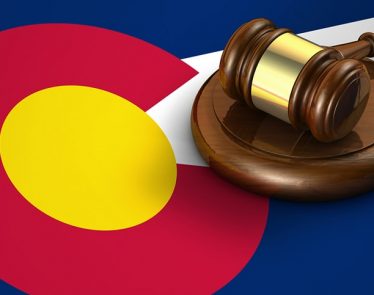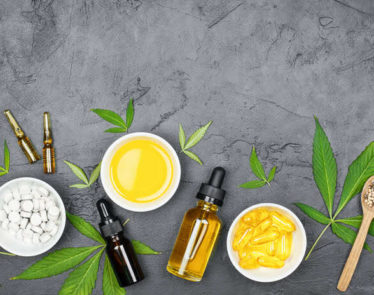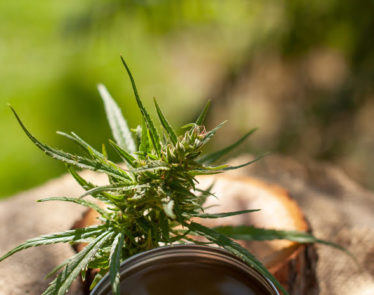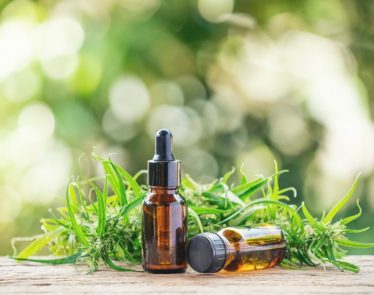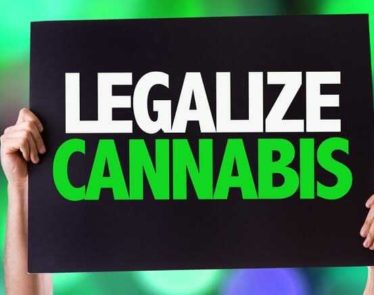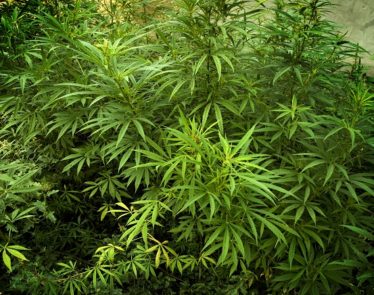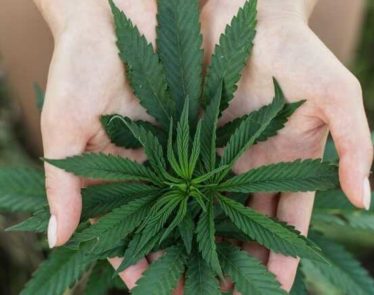
Toward the end of 2019, Canada made the next move in its cannabis legalization journey. After much debate, the nation updated its cannabis regulations, allowing the legal production and sale of cannabis edibles. Cannabis companies were happy about this new source of revenue, even with the 60-day waiting period. Big hitters like Aurora Cannabis (TSX:ACB) (NYSE:ACB) and Tilray (NASDAQ:TLRY), for instance, were among the many developing edible cannabis products; the news made it clear the direction the market was heading. And yet, it also became clear that there was a divide within society about the sale of cannabis edibles in the True North strong and free.
We're here to talk about that divide.
The Curious Case of Cannabis Edibles
Most people have heard at one point or another that consuming cannabis edibles is safer than smoking it, which was previously the traditional choice of consumption. These same people will have heard something similar about vaping cannabis, which remains a popular choice, particularly among the youth. Cannabis users seem to all agree that edibles are convenient, tasteful, and, most importantly: they work.
But Canada's cannabis regulations may have changed that.
The Consumers
There is no denying that cannabis users are excited about Canada giving the green light for selling cannabis edibles. They are, however, disappointed with how much THC is allowed in these products.
According to Health Canada, cannabis edibles, as well as cannabis beverages, can only have 10 milligrams of THC in them. It's thought that this dosage is not enough for medical cannabis patients who count on the THC to ease their pain. In a way, Canada's cannabis regulations for edibles appear to be a one step forward, two steps back type of predicament. The country may now legally sell edibles, but will these edibles have any impact on users? If not, what was the point?
>> Two Reasons Why CGC Stock Could Bounce Back in 2020
Then again, lower doses of THC in edibles has its benefits. Physicians are not shying away from promoting this, either. That gives us a look into the other side of the debate.
The Physicians
Cannabis edibles are tricky as the onset of psychoactive effects from the products can be delayed. Sometimes it takes four hours to kick in, and sometimes the results last for nearly ten hours. Such a delay can lead to overconsumption, and these long-lasting effects can impair judgment. If Canada allowed more than 10 milligrams of THC in the products, risks like overconsumption and impaired judgment would only become worse.
That said, the dosing limit as it stands now still affects individuals differently (and severely), and again, physicians are trying to make this known to the public.
Cannabis edibles may seem fun, as they often come in the forms of cookies, candies, and chocolate. And while that seems all in good fun, it puts two populations at risk of accidental ingestion and overconsumption. Children and older adults often fall victim to this because cannabis edibles often resemble sweet treats. For instance, after Colorado legalized cannabis edibles, there was a 70% increase in accidental cannabis exposure in children.
Fear Not, Canada Gets It
Both sides of the debate make fair points. If an individual uses cannabis edibles for medical purposes, the products should have a high enough dose to combat their aches, pains, and sleepless nights. There is no point in buying something if it does not affect you.
And yet, having cannabis candies, cookies, and chocolate on the shelves in someone's home puts children, older people, and even animals at risk of consumption without realization. Physicians are warning the world, doing their due diligence, but so is the Canadian government.
Canada is doing its part to satisfy both sides. Edibles are now legal to sell, but they cannot contain nicotine or alcohol, to reduce the possibility of dependence. The country also asks for edibles to be stored in child-resistant packaging, so that accidental ingestion does not occur.
As we progress forward with 2020, Canada plans to keep an eye on the effects of legalized cannabis edibles. The government plans to ensure that while treating medical cannabis patients is essential, so is maintaining the safety of the rest of the world and the people who may come into contact with these products without prior knowledge of how they work.
Featured image: PixaBay





